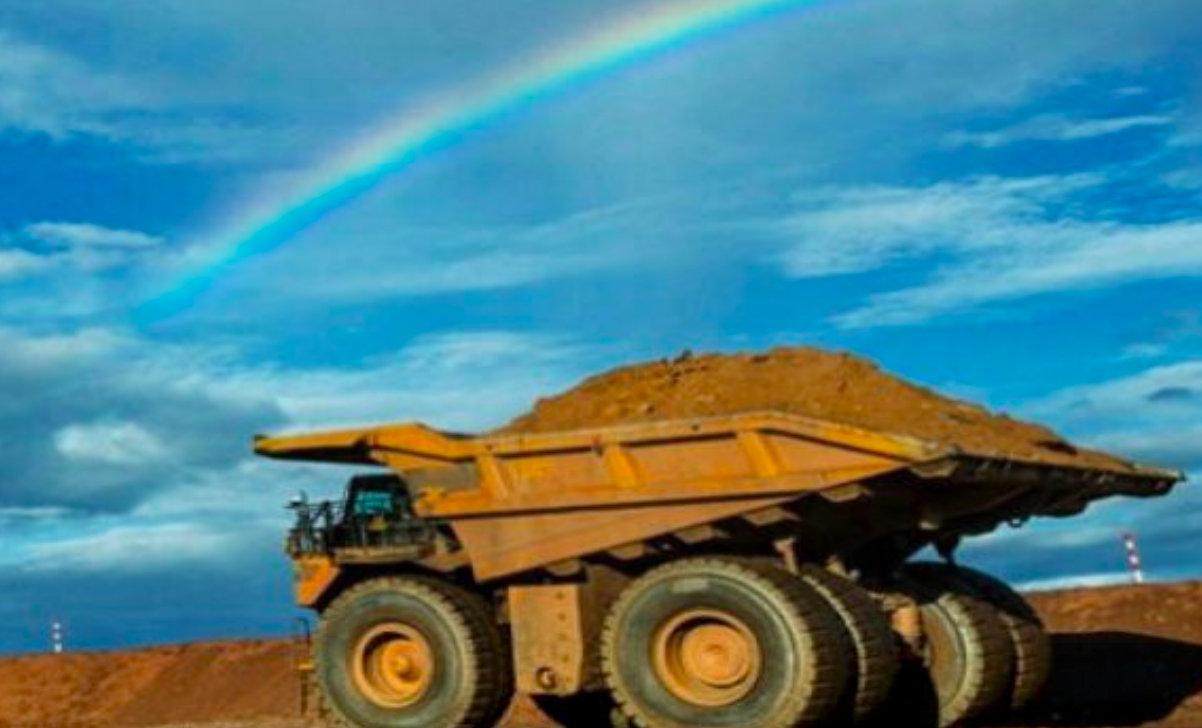In 2023, Latin America will have an opportunity to regain some of the ground lost in recent decades as a destination for foreign investment and as a major global player, according to the annual forecast report prepared by Canning House.
This goes hand-in-hand with metals such as lithium and copper, which are fundamental to electric mobility: 58% of the world’s identified lithium reserves are in Latin America, as is 41% of copper.
The geopolitical context, with the West’s struggle for supremacy with China and the Russian invasion of Ukraine, represents a “great opportunity” for a region that has lost influence and economic power in recent decades, according to the analysis of this meeting forum between the United Kingdom and Latin America based in London.

According to the report, the energy transition and a long history of shared values argue for greater US and European engagement in the region where China has already become the dominant power.
“There are signs that this is being recognized by increasing numbers of policymakers and pundits in Washington, Brussels and London. It remains to be seen whether the new generation of left-wing leaders in the region will seize the opportunity for greater engagement,” said Michael Stott, Latin America editor of the Financial Times, one of the study’s authors.
In any case, the study is a reminder that the United States and Europe are already late. “China is ahead of the West in securing key metals for the energy transition, such as lithium and copper and buy up a large part of the region’s food exports,” the document said.
Latin America accounts for 58% of the world’s identified reserves of lithium – a key metal for batteries – as well as 41% of copper, 24% of nickel and 39% of silver.
“One possible reason for the optimism is the pressure on global supply chains and the need for the US to create more local supply chains. Increasing political pressure in the US on companies to move their supply chains closer to their market, as well as high transportation costs from Asia and the increased risk of geopolitical turmoil are encouraging companies to shift production to Mexico, Central America and even South America,” said Stott.
Still, he is aware of the complicated macroeconomic situation, which leaves “little fiscal space for bailout programs” that “benefit actors outside the political establishment.”
ATTRACTIVE AREA
Presenting the study, which was attended by many members of the diplomatic community in London, Stott predicted that “Latin America will become much more attractive for investment in the next decade than in the previous two.”
Evidence of this is that the continent has managed to emerge from the Covid-19 pandemic, which has hit it particularly hard, with solid institutions and a consolidated democracy, but threatened by populism.
For Stott, amid political turmoil like Peru and under radical leaders, Latin American countries have managed to build independent central banks and institutions capable of withstanding attack.
“Electoral democracy remains strong, but distrust of institutions is growing. Frustration with the quality of democracy is growing,” warned Alejandra Soto, deputy director of consultancy Control Risks, at the same event.
Although she also predicted that the trend towards shifting supply chains will boost foreign direct investment in the region, Soto argued that “the resilience of democracy will be tested over the next year” and that “the only way to overcome this ‘will be through reforms’ which, in her opinion, are more possible in Brazil and Colombia.
According to data from the Department for International Trade presented at the conference, trade between the UK and Latin America was worth £22 billion (US$27 billion) last year, with Brazil, Mexico and Peru being the top partners.
With information from latinapress

